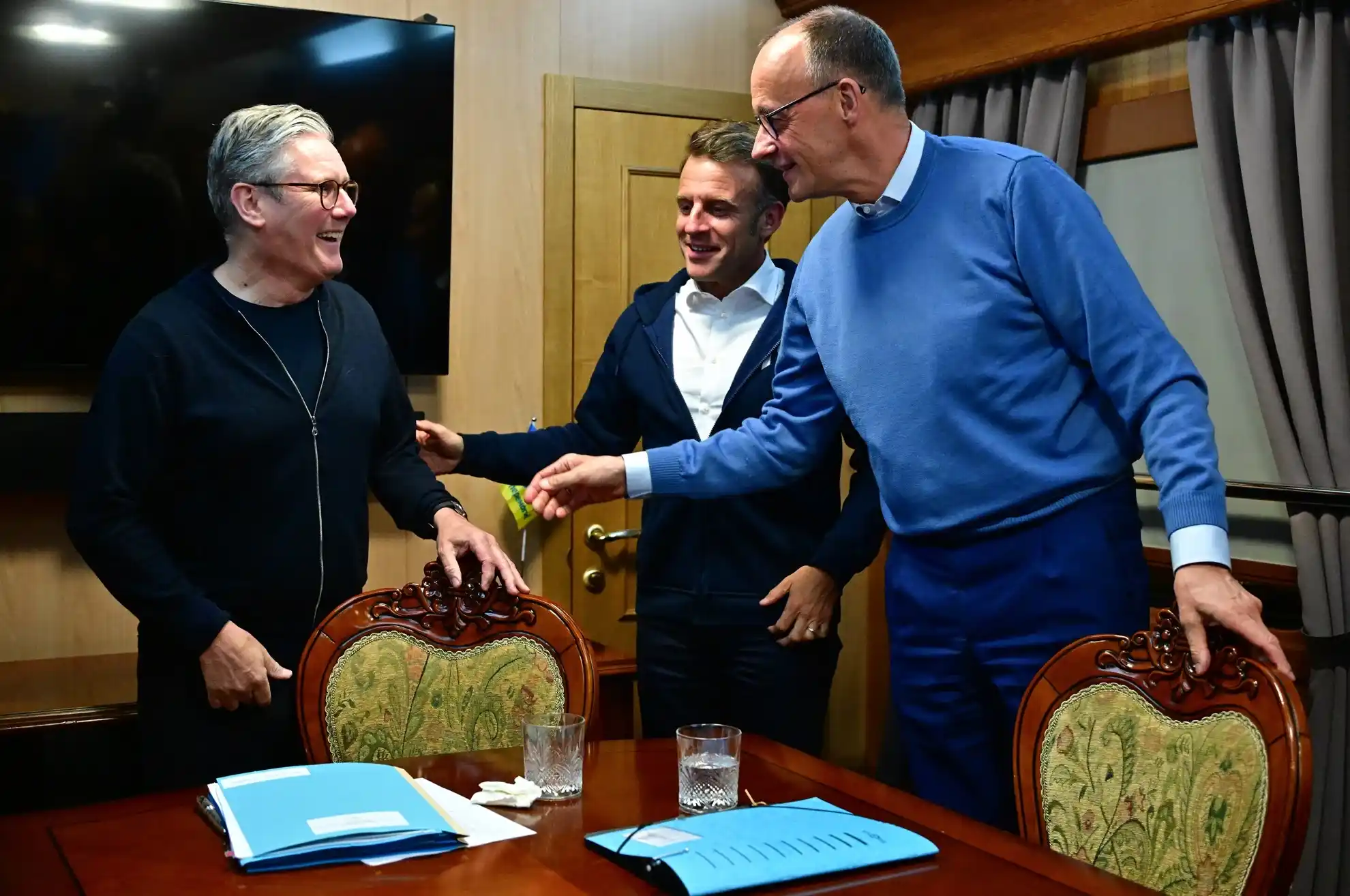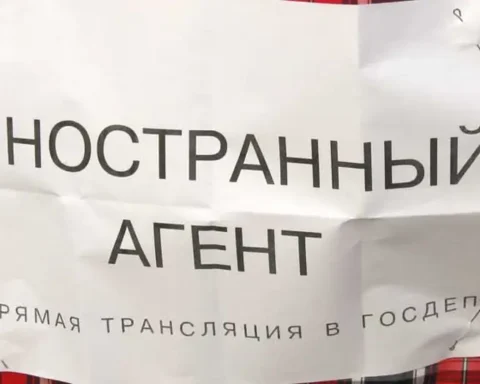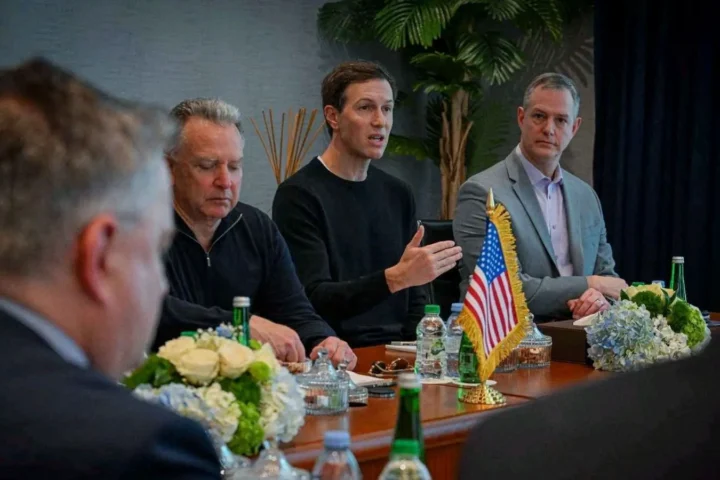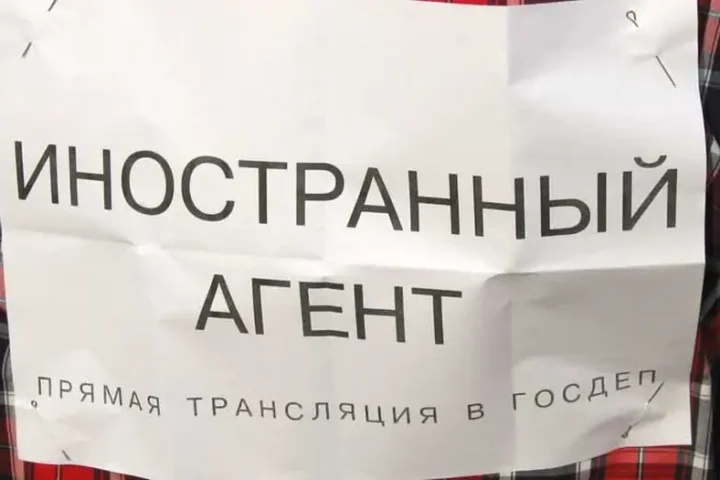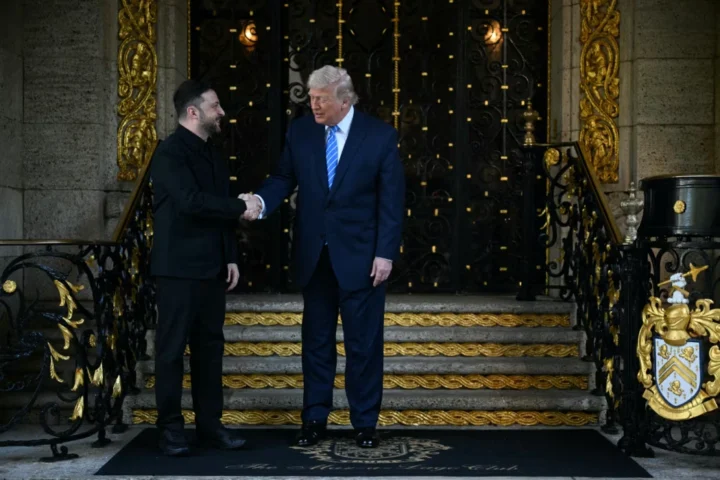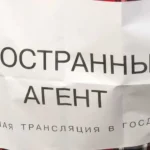Fueled by imagination and low-resolution video, the Russian propaganda machine has launched another wave of disinformation. This time, its targets are three prominent European politicians — CDU leader Friedrich Merz, French President Emmanuel Macron, and British Labour leader Keir Starmer. The trigger? A casual moment during their joint train journey to Kyiv — and, as often happens in the post-truth era, it was more than enough to spark a fabricated scandal about a supposed “cocaine party on board.”
The core of the fake news is as simple as the disinformation mechanism itself: a series of photos and a short video began circulating online, showing the three politicians dressed in relaxed, casual clothes — no suits or ties — while riding the train. Macron is seen briskly brushing a used tissue off the table, while Merz moves aside a long object, presumably a plastic stir stick for a drink. Yet in the eyes of the Kremlin’s disinformation architects, this “props” instantly transformed into drug paraphernalia.
The Russian narrative spread rapidly through pro-Kremlin websites and social media: the “white object” was no tissue, but a bag of cocaine; the item in Merz’s hand — a spoon for drug use. This narrative quickly gained traction across platforms, including websites that closely resemble those already identified by France as part of Russia’s propaganda network.
Among the first to spread the claim was Maria Zakharova, spokesperson for the Russian Foreign Ministry. On her Telegram channel, she shared a clip from the video along with screenshots and wrote:
“A Frenchman, an Englishman, and a German board a train and… get high. Apparently so high, they forgot to hide the paraphernalia (a bag and a spoon) before journalists arrived.”
Kirill Dmitriev, one of Putin’s negotiators for Ukraine, also shared the video with a cryptic caption:
“Is that sugar, or something else entirely? If it’s something else, it explains a lot of their recent ideas and proposals.”
Adding fuel to the fire was Alex Jones — a notorious U.S. conspiracy theorist convicted of spreading disinformation — who posted the video claiming Ukrainian President Zelensky was a “known cocaine enthusiast,” while describing Starmer, Macron, and Merz as “leaders who look totally high.” According to platform X (formerly Twitter), that post alone was viewed over 29 million times.
According to Neue Zürcher Zeitung, this aggressive disinformation campaign reveals not only the skill of Russia’s propaganda machinery, but also its growing desperation. Every informal gesture, every screenshot, every shadow becomes fertile ground for inventing stories that aim to discredit the West and weaken European unity on Ukraine.
Official Reactions
The scope of the smear campaign became so wide that governments in France, Germany, and the UK were forced to respond — despite the absurdity of the claims.
The Élysée Palace published a close-up image of the alleged “cocaine bag” and wrote:
“It’s a tissue. For blowing one’s nose.”
They added:
“When European unity becomes inconvenient, disinformation goes so far as to portray a simple tissue as a drug. This fake news is being spread by France’s internal and external enemies.”
Germany’s CDU party echoed the clarification:
“It is, indeed, just a tissue.”
They warned of ongoing attempts to manipulate public opinion through targeted disinformation campaigns:
“Enemies of our democracy are deliberately trying to weaken European unity and societal cohesion. We are standing firm against it.”
The British government, while more reserved in tone, also warned of yet another instance of information warfare. A government spokesperson told the UK’s PA news agency:
“We don’t know who exactly is behind this false information, but we’ve seen such attempts before — particularly from the Russian state, which has grown increasingly desperate in the context of the war in Ukraine.”
NZZ Commentary
This case is more than just another example of typical fake news — it illustrates a deliberate strategy from the Kremlin’s playbook: to discredit Ukraine’s allies, to sow mistrust among European states, and to blur the line between fact and fiction. As Neue Zürcher Zeitung notes, this is part of a broader hybrid warfare approach, where propaganda becomes a tactical weapon, just as impactful as missiles or tanks.
The incident highlights the urgent need for critical thinking, media literacy, and the ability to detect and resist manipulation. European solidarity remains a major obstacle for the Kremlin, and each visible act of unity with Ukraine will likely trigger another targeted smear campaign.
This article was prepared based on materials published by Neue Zürcher Zeitung. The author does not claim authorship of the original text but presents their interpretation of the content for informational purposes.
The original article can be found at the following link: Neue Zürcher Zeitung.
All rights to the original text belong to Neue Zürcher Zeitung.


